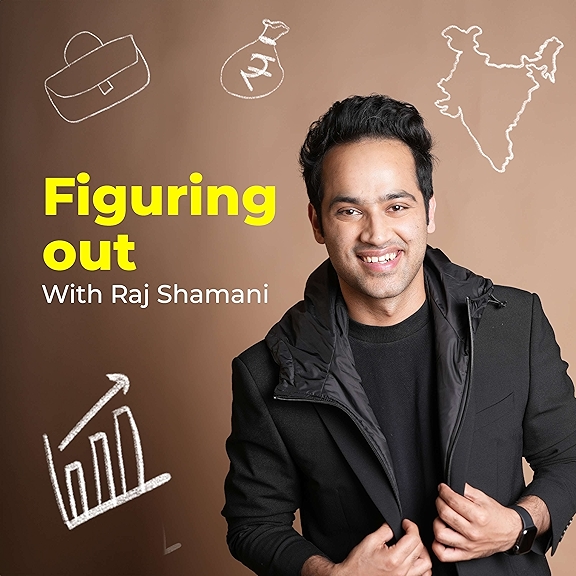
216. English Learning and Socrates: What Can We Learn from the Father of Western Philosphy? (English Vocabulary Lesson)
Socrates is considered to be one of the founders of western philosphy and thought. Today, I want to look at his ideas and approach to asking questions, and then see if there are any lessons language learners like us can learn from Socrates!
My Links
Buy Me a Coffee - https://www.buymeacoffee.com/dashboard
JOIN THE CONVERSATION CLUB -- https://www.patreon.com/thinkinginenglish
ENGLISH CLASSES - https://thinkinginenglish.link/
NEW YOUTUBE Channel!!! - https://www.youtube.com/@thinkinginenglishpodcast
INSTAGRAM - thinkinginenglishpodcast (https://www.instagram.com/thinkinginenglishpodcast/)
Vocabulary
- To question (v) - to express doubts about the value or truth of something. Results from a study questioned whether treatment with the drug really improved survival.
- To examine (v) – to consider a thing carefully and in detail in order to discover something. The council is to examine ways of reducing traffic in the city centre.
- Contradiction (n) - the fact of something being the complete opposite of something else or very different from something else, so that one of them must be wrong. You say that you're good friends and yet you don't trust him. Isn't that a contradiction?
- Ignorance (n) - lack of knowledge, understanding, or information about something. Public ignorance about the disease is still a cause for concern.
- Dialectical (adj) - discovering what is true by considering opposite theories. Contradiction is after all what dialectical thinking is all about.
- Assumption (n) - something that you accept as true without question or proof. People tend to make assumptions about you when you have a disability.
- Preconception (n) - an idea or opinion formed before enough information is available to form it correctly. Try to go into the meeting without too many preconceptions about what the other group wants.




















